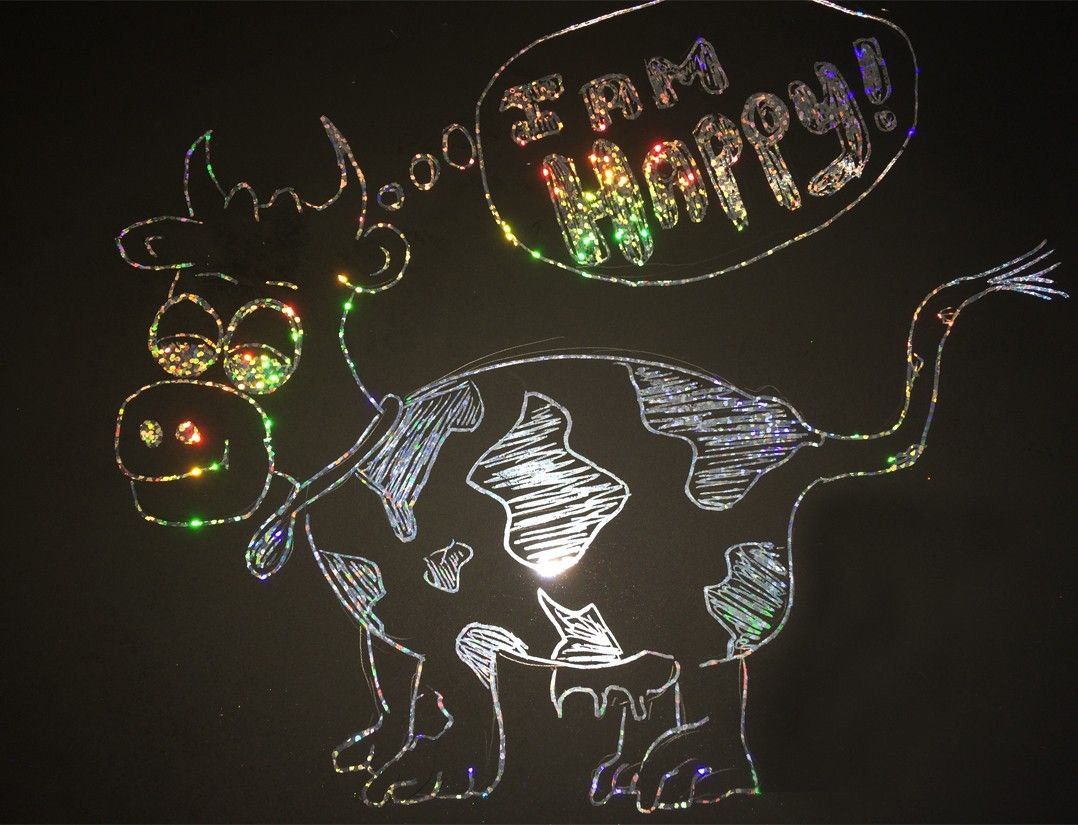How the Sessions Work
We first introduce ourselves and give a brief, relevant history of our work with children and young people (at an age appropriate level).
We then talk about:
Expectations
Showing respect to each other, recognising boundaries and personal space, what we both want to achieve from the sessions (positive outcomes), and that we both enjoy the sessions.
Confidentiality
We would never discuss what is said in the sessions with anyone, other than relevant professionals (school or social care, if needed). We state from the start that a summary report is written after every session, to record any progress or concerns.
Risk
We explain when we would inform the school (before we left) of any safeguarding concerns discussed in the sessions i.e.
Potential harm to themselves by others
Potential harm by them to others
Potential harm to themselves (self-harm)
We get to know the students first by asking them unpretentious questions about what they like and dislike doing, and how they enjoy spending their free time, e.g. favourite films, music, gaming etc.
We continue with unassuming questions such as who they live with, who they feel comfortable being around, and who they would talk to/inform if they felt in danger or concerned about anything. This helps us to understand who they have positive attachments with.
This information is then woven into the sessions by using creative arts like drawing, tracing, painting, arts and crafts or even learning to play a musical instrument, song writing and music production.
The Result
The students are asked to score (1-5) how they are feeling at that time, at school, home and during free time. This helps us to recognise any concerns etc. that can be seen as triggers (low scores) and also understand how they are really feeling.
At the end of every session, a summary report is written. This is to keep a record of any concerns, relevant information or progress made by the students.
A copy is then sent directly to the school contact, usually the safeguarding lead, SENCO (Special Educational Needs Coordinator), Head or Assistant Head of school.
The Virtual School (in the case of a looked after child) or social care may also request a summary report.
The sessions are consistent: same time and day every week. This builds trust and understanding between the student and the allocated worker.
Before each session starts, we discuss what activity the student would like to do.
Whilst creating a calm and safe environment, we then discuss any concerns they may have and how we can resolve them together. Most sessions are non-directive as the focus is on what they are engaging with and not on them. As they relax they may wish to talk; the decision is theirs.
The sessions are very positive because this method delivers a safe place for them to talk/play/act out their feelings and concerns.
Usually, as with all therapeutic interventions, a child's behaviour may become more difficult to manage before it gets better, as they are finding new ways to express their emotions.
Advotalk sessions are a successful intervention for children and young people who are experiencing:
- Abuse
- Alcohol & drugs misuse
- Anger management
- Anxiety & stress
- Behaviour issues
- Bereavement and loss
- Bullying – cyber bullying
- Confidence and self-esteem issues
- Depression
- Divorce (parents/carers)
- Domestic violence
- Emotional wellbeing
- Panic attacks
- Relationships with parents/carers/peers
- Self-harm
- School issues – exams/transition/peers
- Adjusting to foster or residential care
- Being on Child Protection Plans


